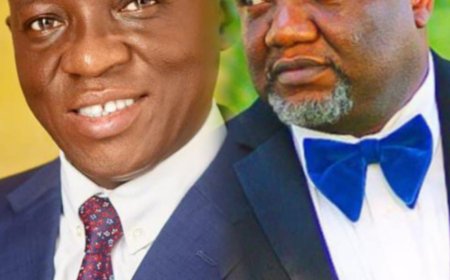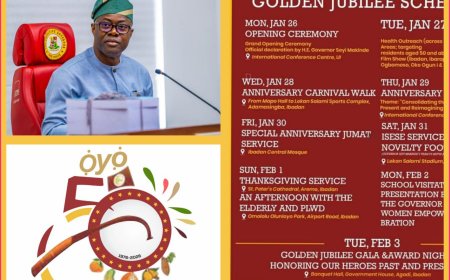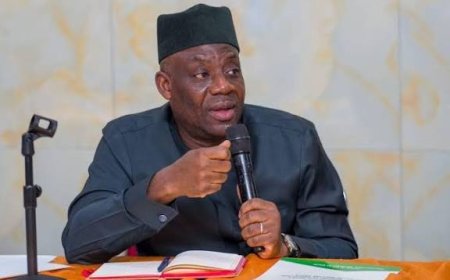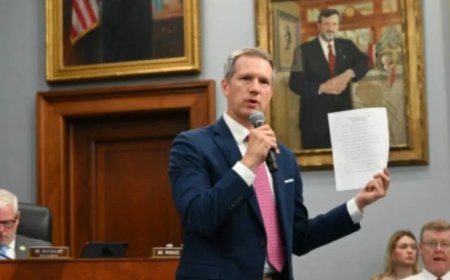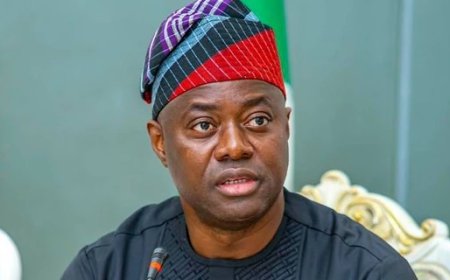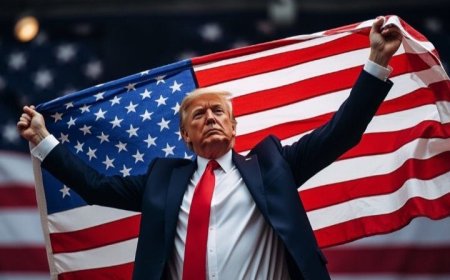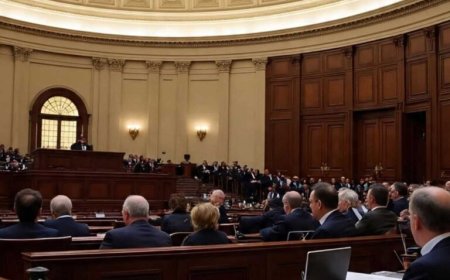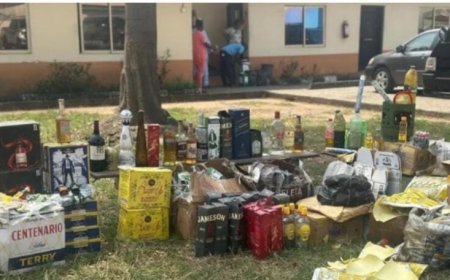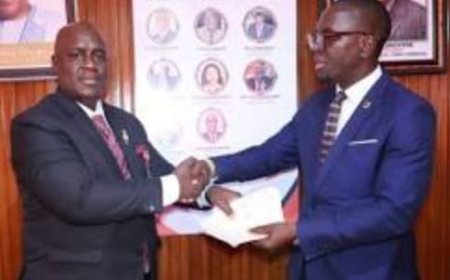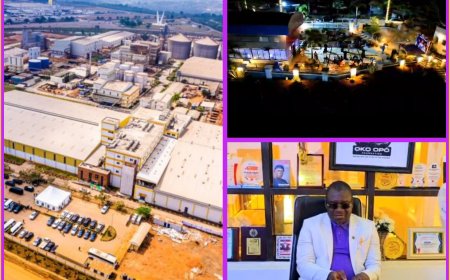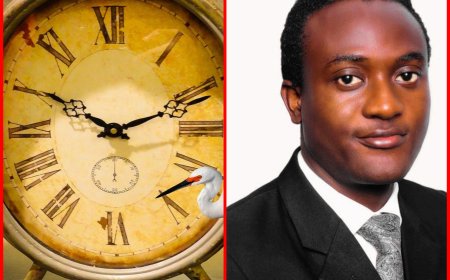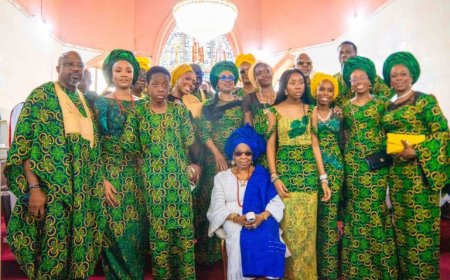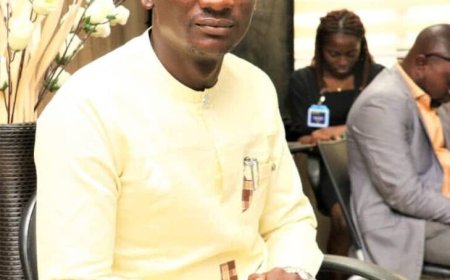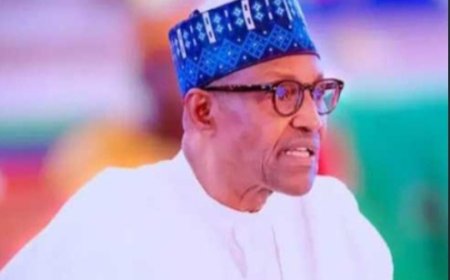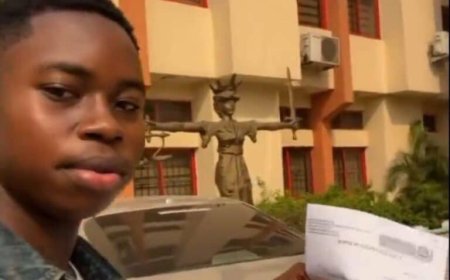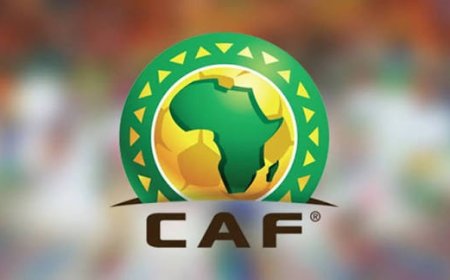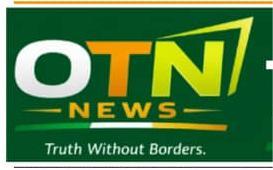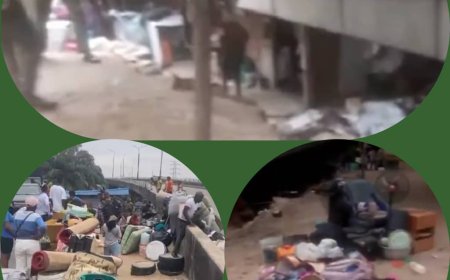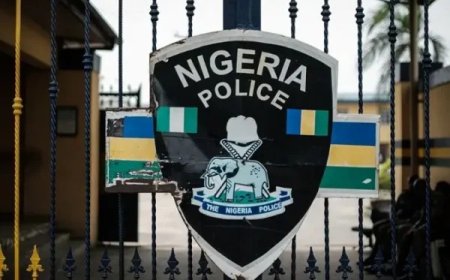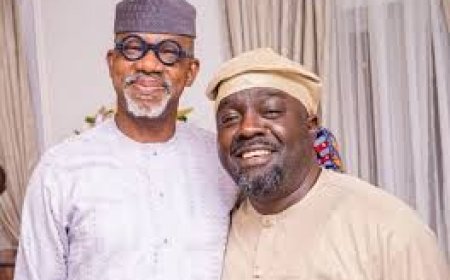NEPAL REVOLUTION? Nepal’s Prime Minister Forced to Resign, Flee As Social Media Ban Sparks Deadly Protests
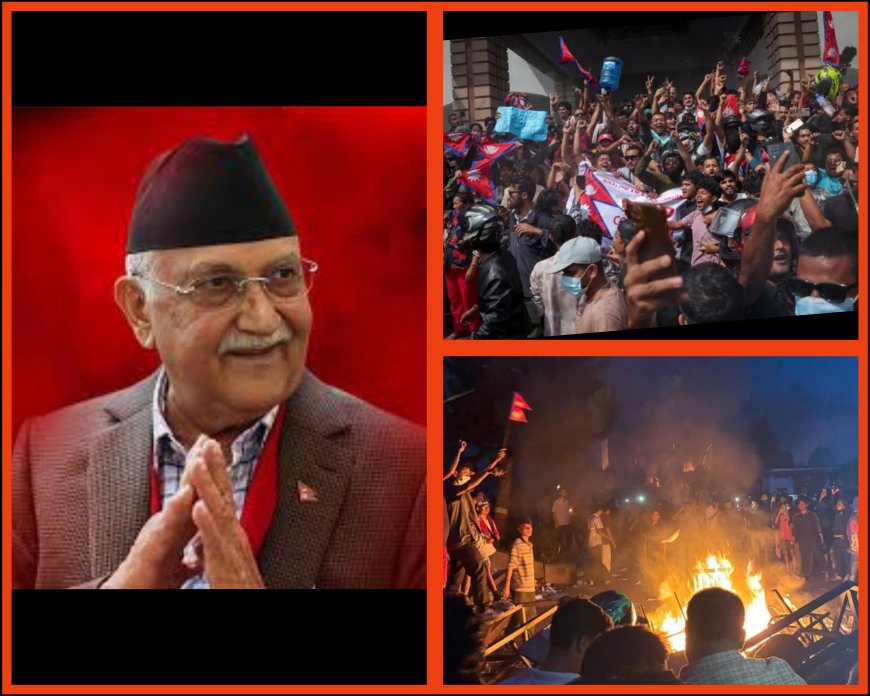
By: Olufemi Orunsola
Nepal's Prime Minister, Khadga Prasad Sharma Oli, has been forced to resign and Flee the country following the waves of unpleasant public reactions to the enforcement of a ban on 26 social media platforms, including major ones like Facebook, WhatsApp, Instagram, and LinkedIn by the government, a crisis that sparked fierce protests across the country.
OPEN TELEVISION NAIJA (OTN) News reports as gathered that hundreds of people entered his office and private residence in Kathmandu during a massive agitation against corruption on Tuesday.
OTN News further gathered that the anti-corruption protests escalated in Nepal's capital Kathmandu on Tuesday as government buildings, including Nepal's parliament, were set ablaze.
The government of Nepal had initiated the social media ban September 5, following the failure of the banned platforms to register with the government in line with a Supreme Court order to monitor “undesirable content.”
The restriction aimed to clamp down on what authorities described as harmful activities and cybercrime, but it backfired dramatically.
Pockets of violent protests, led predominantly by youths composed of Gen Z individuals, erupted in Kathmandu and other cities while the ban which affected mostly young Nepalese who saw social media as a vital tool for communication, education, business, and keeping ties with relatives abroad took to the streets in protests against the action of the government.
OTN News gathered that the sudden social media sudden blackout was perceived as an attempt to suppress free speech and curb anti-corruption voices, fueling widespread outrage over persistent corruption and stagnant economic conditions.
Mass demonstrations quickly escalated into violent clashes between protesters and police, resulting in at least 19 deaths and more than 100 injuries as protesters defied an imposed curfew, blocking roads, burning tires, and targeting government properties, including the residences of top officials.
Although Nepal's capital was shut down, with Kathmandu’s airport temporarily closed amid the unrest, the country has experienced pressures and unrests which eventually forced the government to reverse the social media ban within days to ease tensions.
The protests expanded in scope by spotlighting the controversial “Nepo Kids” phenomenon in Nepal — a term describing the country’s political elite’s perceived inherited privilege and luxury, contrasting sharply with the struggles of ordinary citizens.
Viral social media videos showcasing politicians’ opulent lifestyles amid rampant unemployment and hardship added fuel to the protests grounded in demands for transparency and systemic reform.
However, the momentum gained by the protests did not reduce as dissatisfaction spilled over into calls for accountability and widespread condemnation of the corruption by political office holders.
Subsequently, several ministers resigned from the government while the ensuing political crisis peaked in the resignation of the country’s Prime Minister himself on September 9.
In his resignation letter, Oli expressed deep sorrow for the loss of lives and stated his hope that his departure would help restore peace and pave the way for constitutional resolutions amid Nepal’s political crisis.
The recent upheavals mark one of the most severe political crises in Nepal in decades, underscoring the powerful role social media plays in shaping modern civil resistance and political accountability .
Significantly, PM Oli has reportedly fleed from his residence on Tuesday in an army helicopter.
Nepal now faces a critical juncture as the nation grapples with its governance challenges, youth disillusionment, and the balance between regulation and freedom of expression in the digital age.
In total, no fewer than 22 people have been killed in the protests and dozens more injured.
Nepal's army says it is committed to taking control of the situation, but what happens next - and who will replace Oli remains unclear as at the time of publishing this monitored report.
What's Your Reaction?










